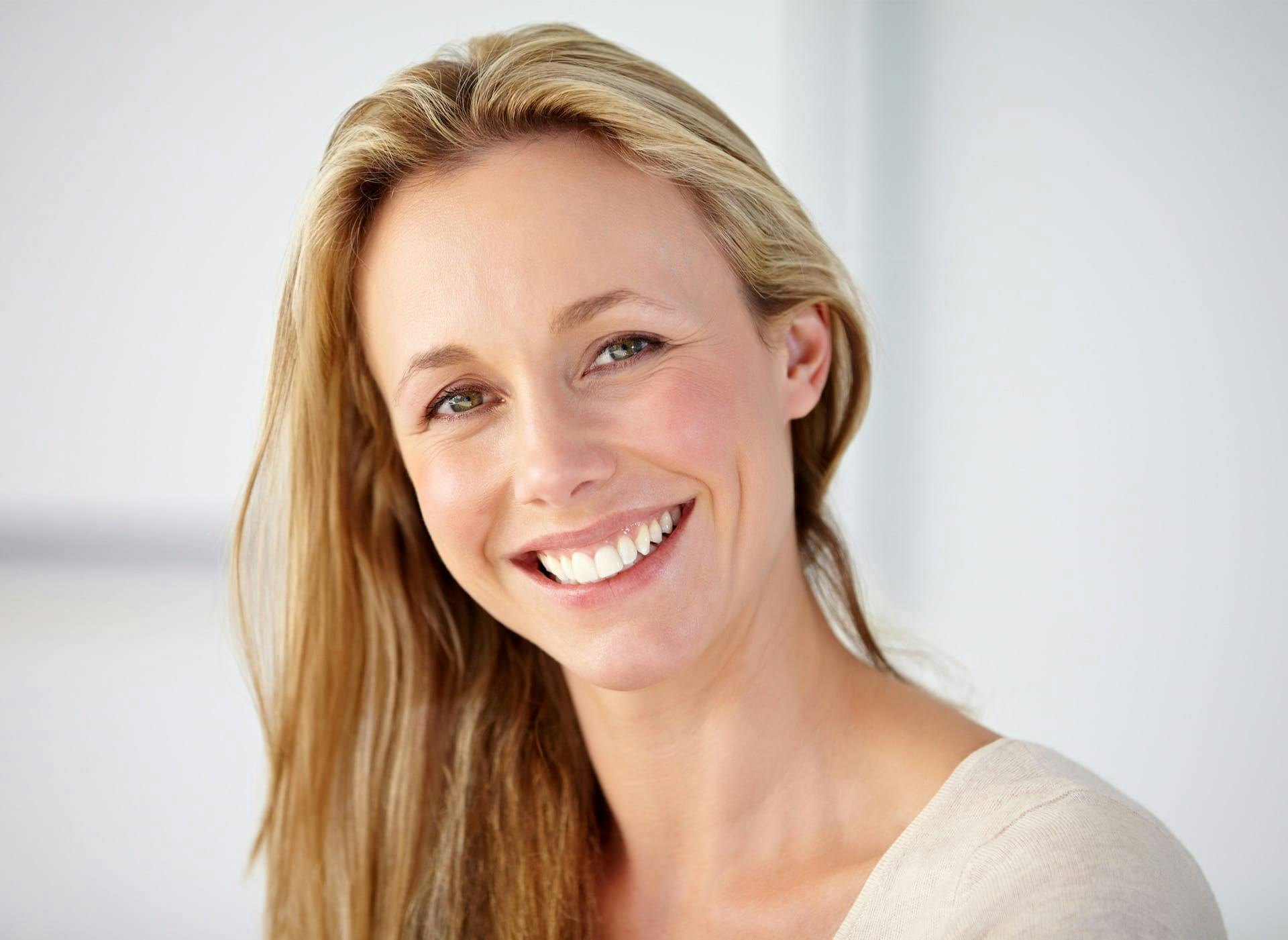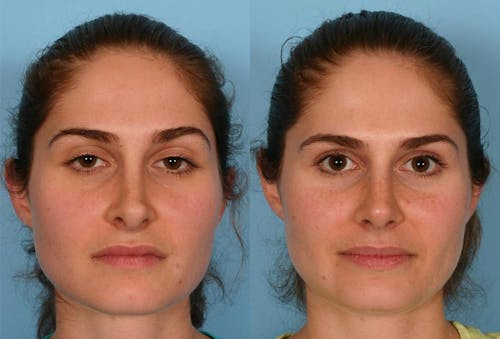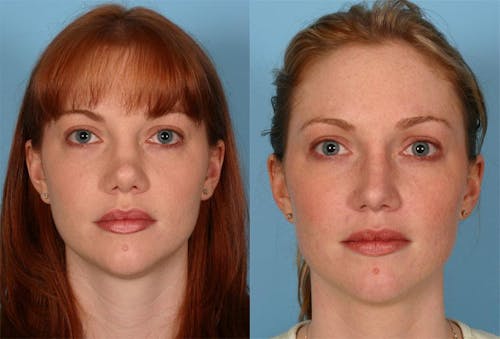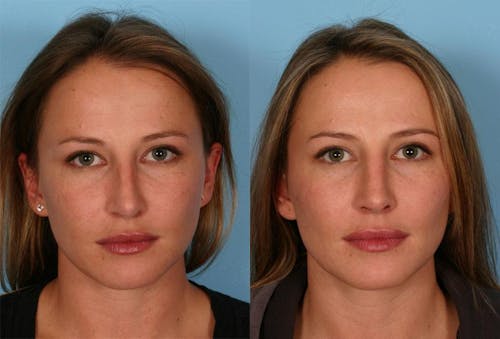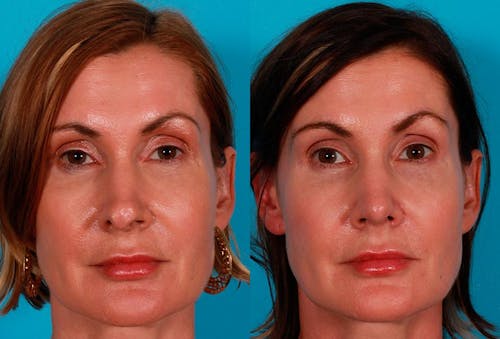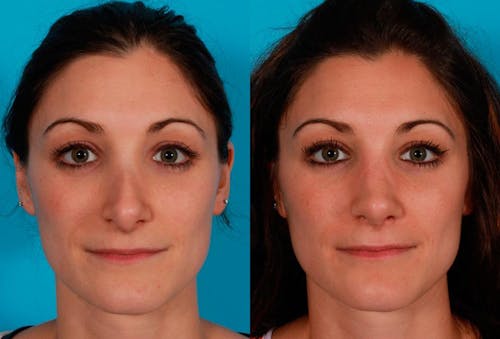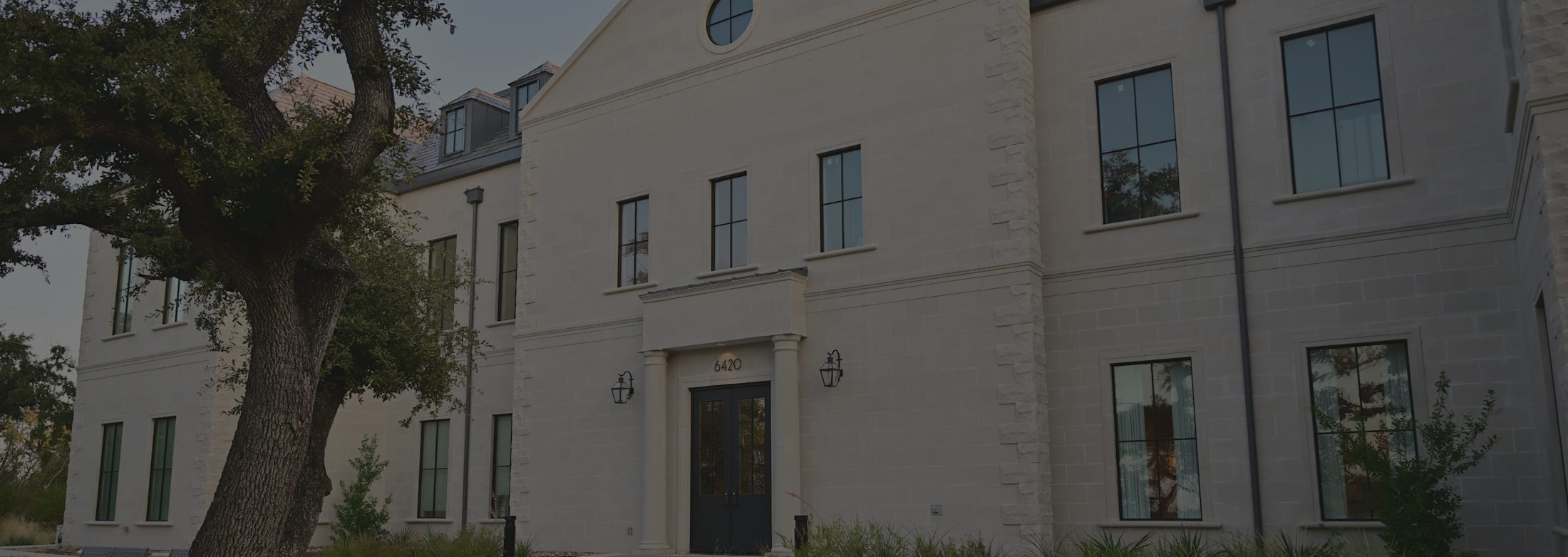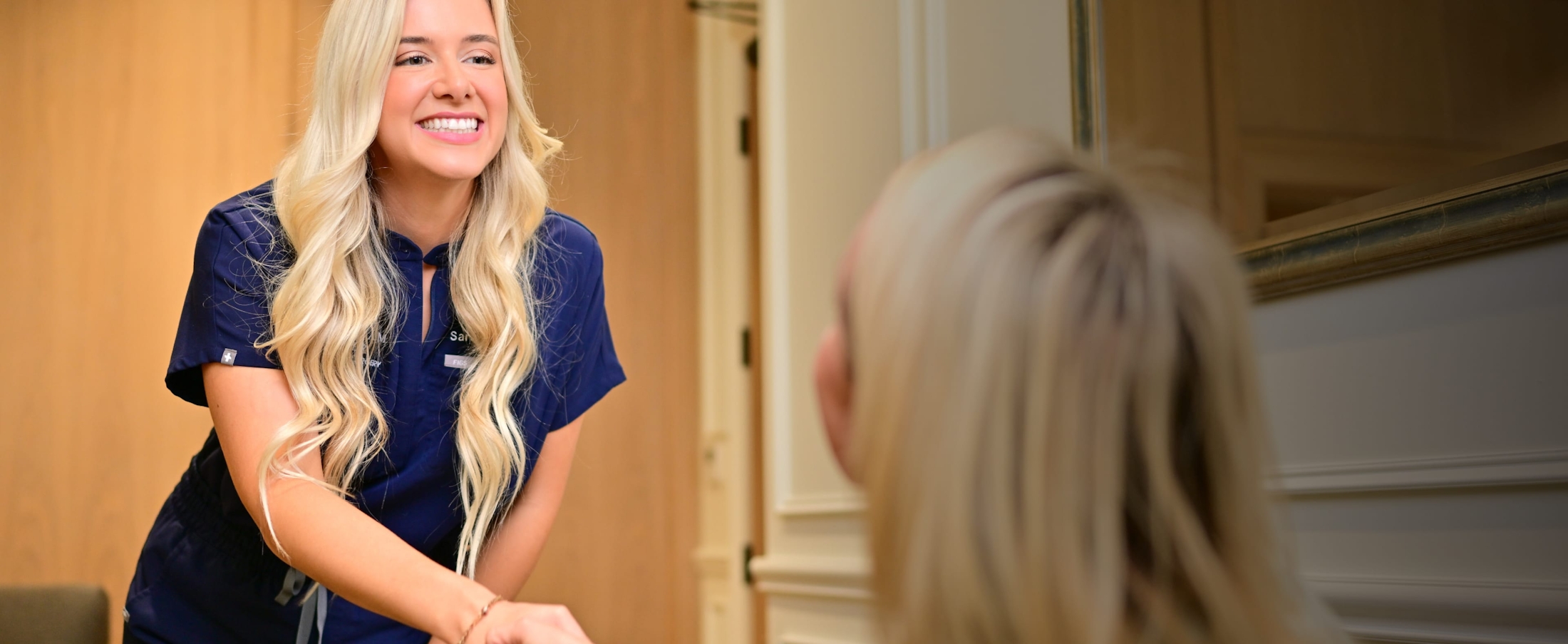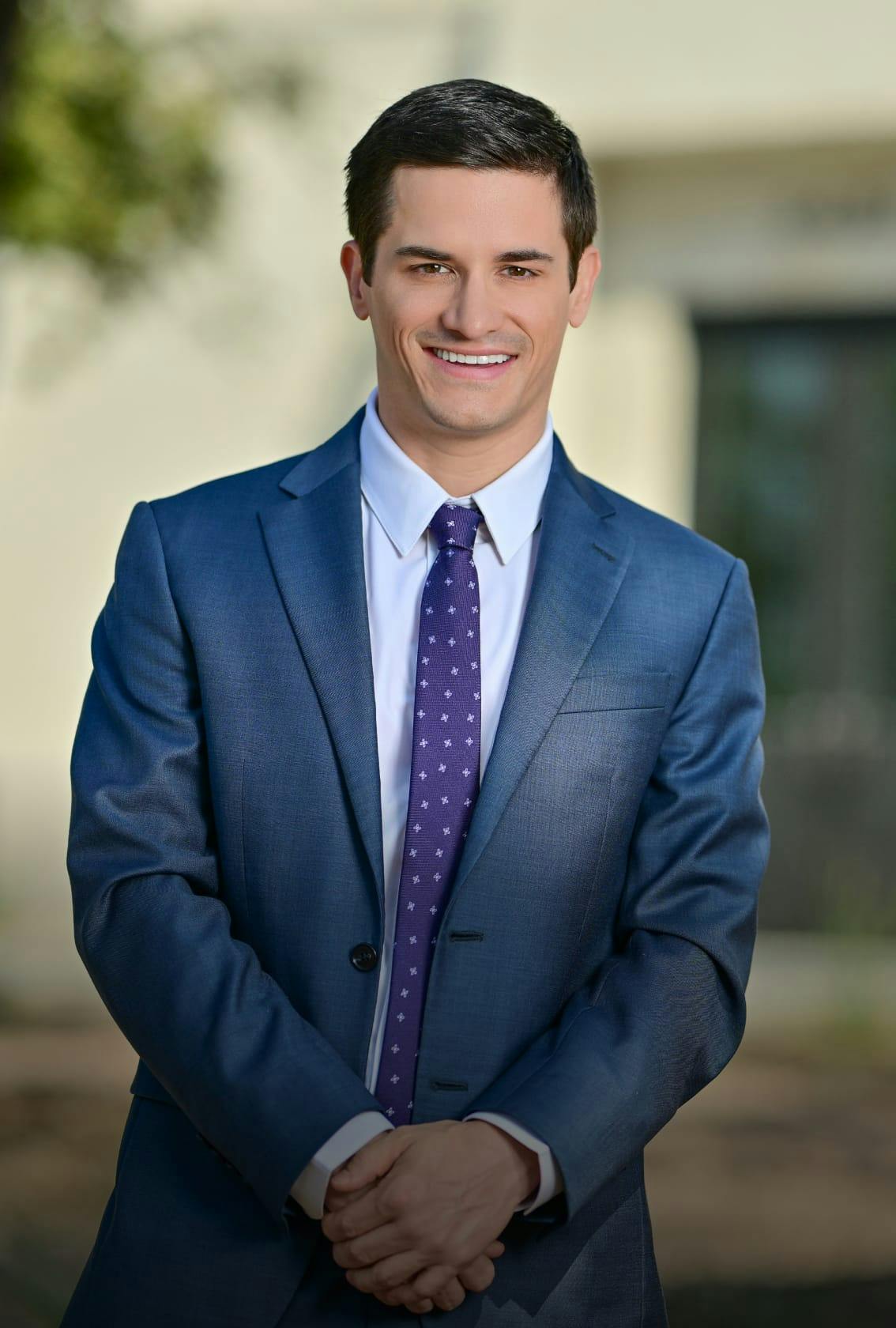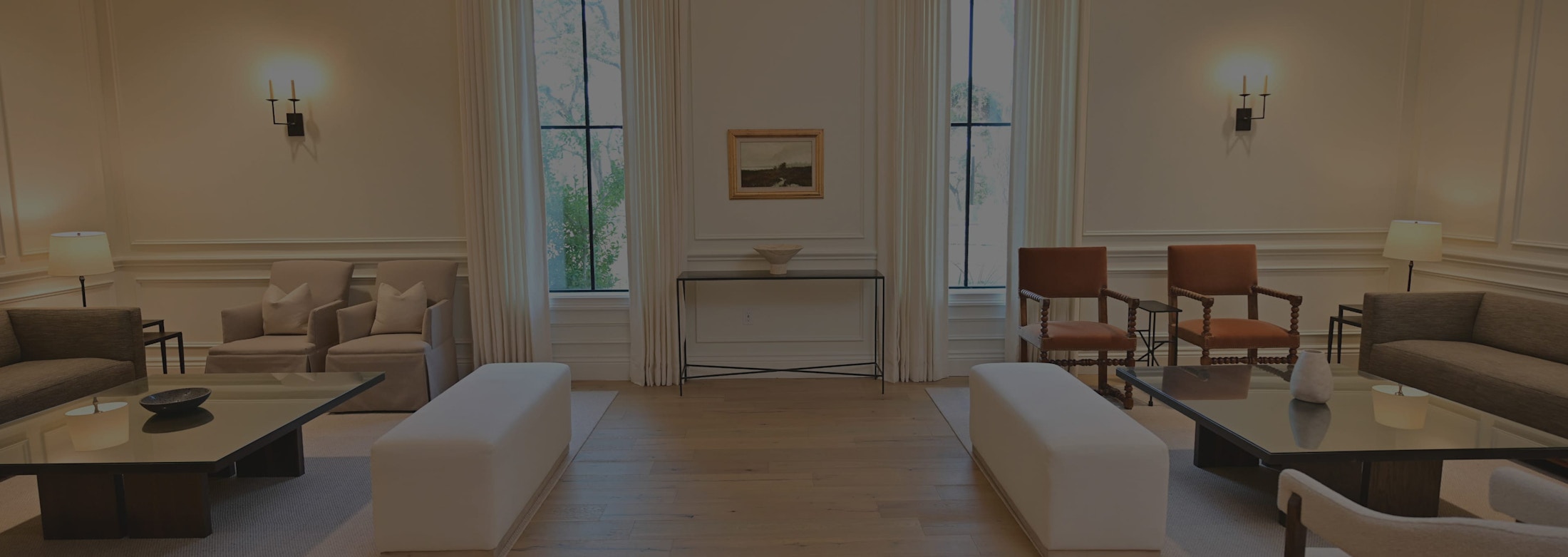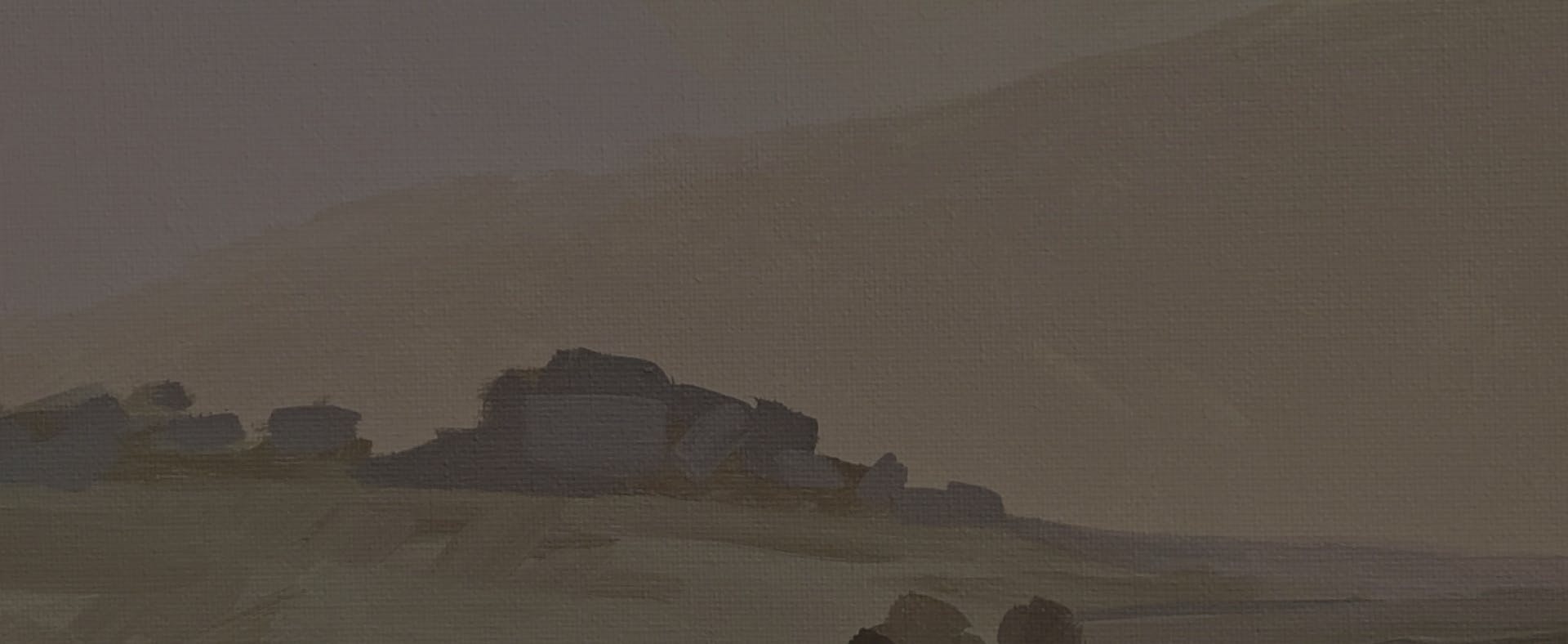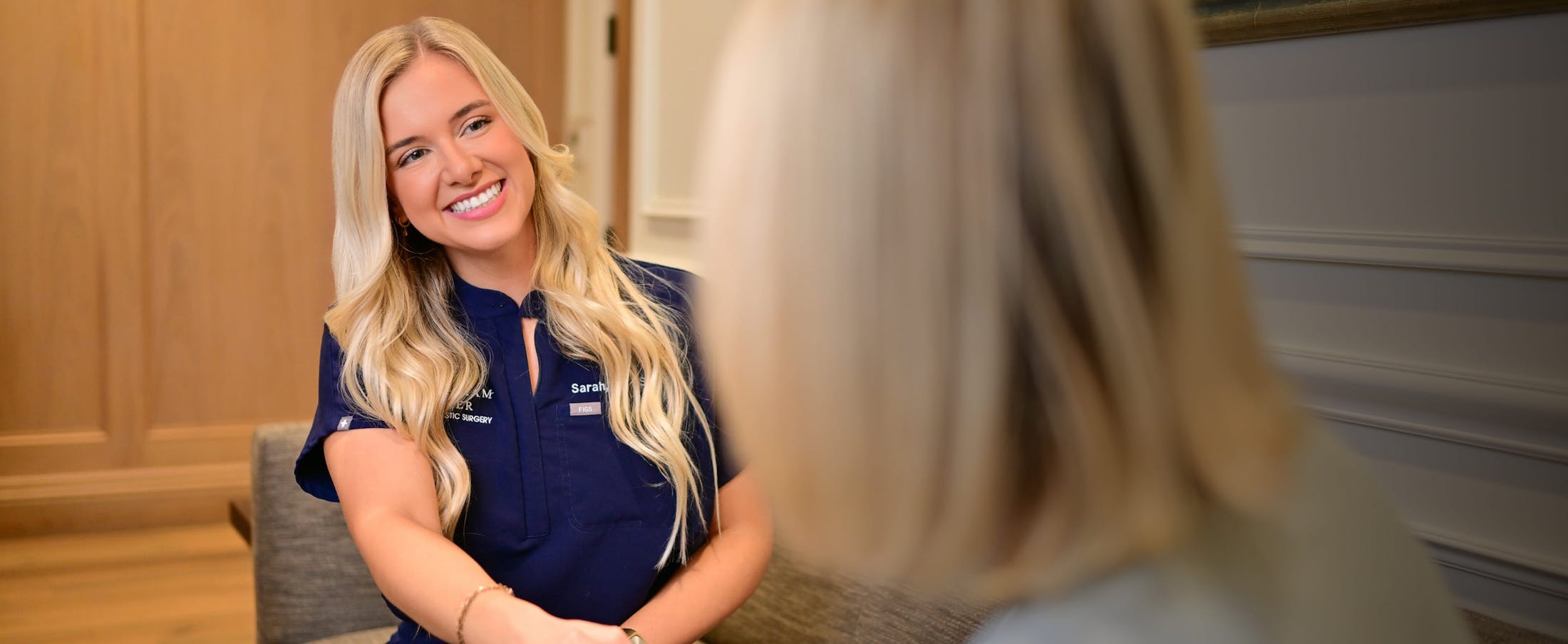The surgeons at The Buckingham Center for Facial Plastic Surgery offer revision rhinoplasty solutions for patients in Austin & surrounding areas.
What Is Revision Rhinoplasty?
Rhinoplasty has been one of the more popular plastic surgical procedures for many years in the cosmetic surgery industry. This is a favored procedure because it dramatically improves the appearance of the nose and the face. Nose surgery may improve the overall symmetry of the features of the face and can drastically improve the patient’s facial profile. Nevertheless, the rhinoplasty procedure is also one of the most complex plastic surgeries. Therefore, to achieve consistent results, the surgeon you choose must have extensive experience performing nose-reshaping procedures.
Although unexpected issues can arise during any surgical procedure, selecting an experienced plastic surgeon to perform your rhinoplasty decreases your likelihood of experiencing a complication. However, when a previous rhinoplasty surgery does not meet your expectations, revision rhinoplasty offers a corrective solution to address specific concerns and achieve the desired aesthetic outcome.

